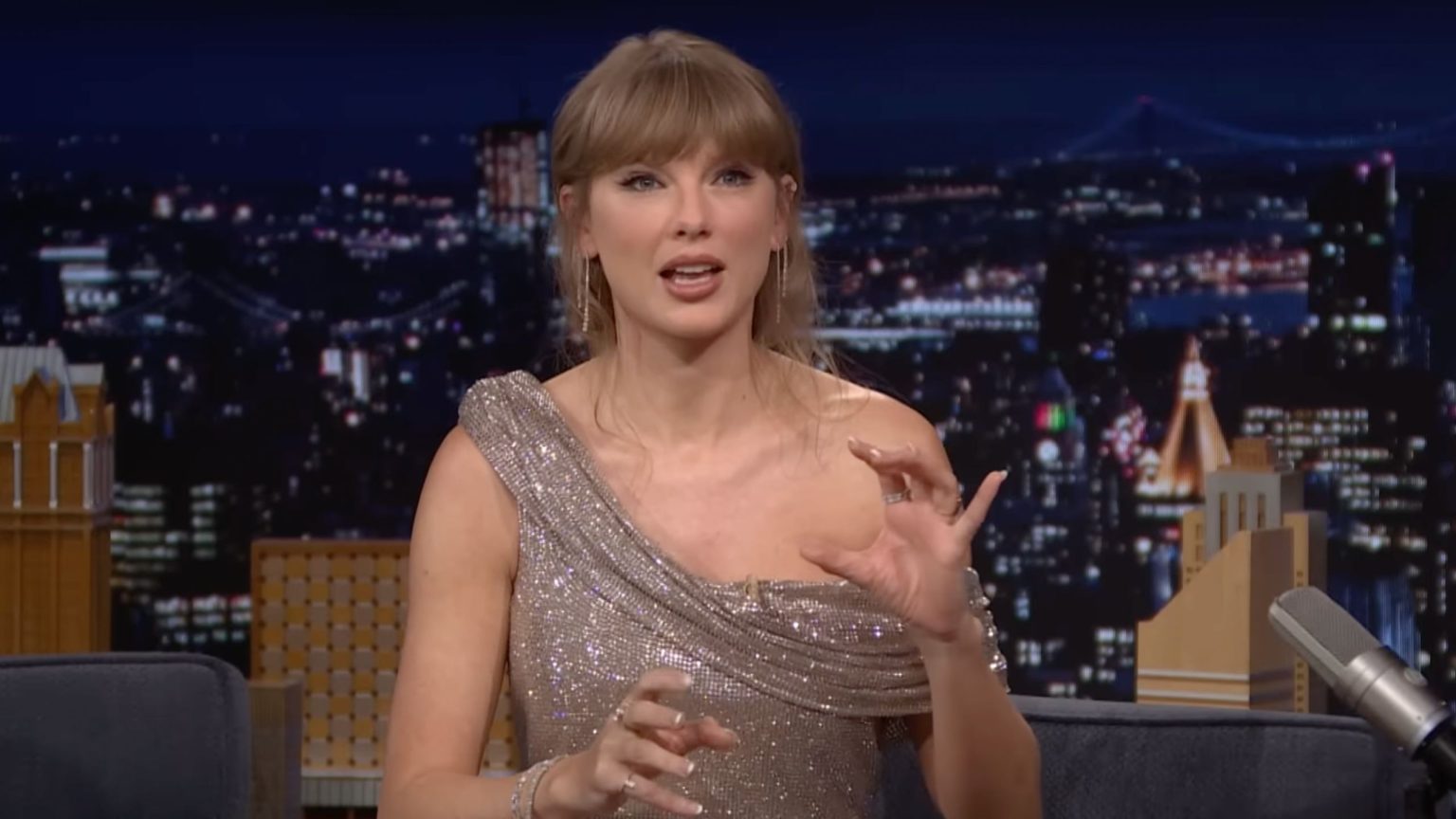Listen to the article
In a rare public clash between pop superstars and the federal government, Olivia Rodrigo has forcefully condemned the Department of Homeland Security for using her music in deportation messaging, while Taylor Swift faces mounting criticism from fans for her apparent silence over similar use of her work.
The controversy erupted when the Department of Homeland Security shared promotional material featuring Rodrigo’s track “All-American Bitch” in a video encouraging undocumented migrants to “self-deport” through the CBP Home app. The November 4, 2025 post, which included graphic imagery of ICE operations, prompted an immediate and unequivocal response from Rodrigo.
“Don’t ever use my songs to promote your racist, hateful propaganda,” Rodrigo commented directly on the DHS Instagram post, establishing a clear boundary against unauthorized political use of her music.
On the same day, the White House posted a separate promotional video titled “OUR VIBES” featuring Swift’s “The Fate of Ophelia” as background music for imagery of President Trump and military hardware. Despite Swift’s historically contentious relationship with Trump dating back to the 2024 election, her team has not issued any public statement condemning the use of her music.
This apparent discrepancy has ignited backlash from segments of Swift’s typically loyal fanbase, with many expressing disappointment over what they perceive as tacit approval. “Silence is complicity,” wrote several fans across social media platforms, drawing unfavorable comparisons to Rodrigo’s swift and definitive rebuke.
The incident highlights the complex intersection of music, politics, and artist advocacy in the digital age. While social media platforms like TikTok maintain licensing agreements with major record labels that permit certain uses of copyrighted material, government agencies using artists’ work for enforcement messaging raises distinct ethical and reputational questions.
Music industry experts note that rights holders typically have legal recourse against unauthorized use, including the ability to issue takedown notices or demand removal of content. The visible effectiveness of Rodrigo’s protest—with reports indicating her music was subsequently removed from at least one DHS video—demonstrates that artists retain significant influence when they choose to exercise it publicly.
“Artists have both legal and moral authority in these situations,” explains entertainment attorney Michelle Rodriguez (no relation to the singer). “When an artist’s work is associated with political messaging they don’t support, speaking out quickly often produces results because agencies understand the reputational risk of appearing to appropriate cultural content without consent.”
Swift’s uncharacteristic silence is particularly noteworthy given her evolution into one of the most politically influential artists of her generation. After years of political neutrality early in her career, Swift has become increasingly outspoken on various social and political issues, making her current reticence all the more conspicuous to longtime observers.
Cultural critics suggest the contrasting responses from Rodrigo and Swift illustrate differing approaches to navigating the fraught relationship between art and politics. While Rodrigo’s direct condemnation aligns with her generation’s expectations of celebrity advocacy, Swift’s team may be pursuing behind-the-scenes legal remedies or calculating the strategic implications of public engagement.
As the situation unfolds, fans and industry watchers will be monitoring Swift’s next move closely. A public statement would likely be amplified as a defense of artistic autonomy, while continued silence risks further alienating segments of her audience who expect their favorite artists to take visible stands against unauthorized political appropriation of their work.
The controversy underscores the increasing pressure on high-profile artists to respond quickly and transparently when their creative output becomes entangled with contentious policy matters—particularly those involving issues as divisive as immigration enforcement and deportation.
Fact Checker
Verify the accuracy of this article using The Disinformation Commission analysis and real-time sources.




8 Comments
I’m glad to see Olivia Rodrigo taking a firm stance against the DHS using her music. Artists deserve autonomy over how their art is portrayed and applied, especially in sensitive political contexts.
Absolutely. Rodrigo is right to condemn this blatant misappropriation of her work. Kudos to her for standing up for her artistic integrity.
This controversy raises important questions about the boundaries of artistic expression and political appropriation. I hope to see a robust public debate on this issue and clearer protections for artists going forward.
It’s disappointing to see the government weaponizing popular music for political ends. This sets a dangerous precedent and undermines the autonomy of artists. I hope to see more artists follow Rodrigo’s lead in condemning these tactics.
The contrast between Rodrigo’s vocal condemnation and Swift’s silence is quite striking. As influential artists, their responses to the misuse of their work will be closely watched and could set an important precedent.
This situation highlights the need for clearer guidelines and protections around the use of creative works in government propaganda. Artists should have the right to refuse the use of their music for political messaging they find objectionable.
The use of Taylor Swift’s music by the White House is troubling, given her past criticism of the Trump administration. As a prominent public figure, her silence on this issue is noteworthy and raises questions about her stance.
This is a disappointing situation. Artists should be able to control the use of their music, especially for political messaging they disagree with. It’s concerning to see government agencies misusing creative works in this way.